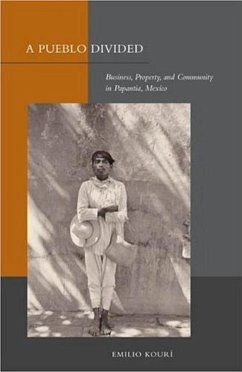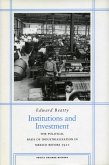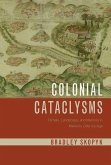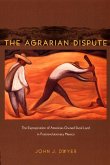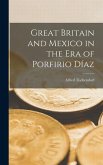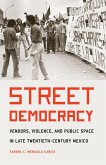A Pueblo Divided tells the story of the violent privatization of communal land in Papantla, a Mexican Indian village transformed by the fast growth of vanilla production and exports in the late nineteenth century. The demise of communal landholding, long identified as one of the leading causes of the Revolution of 1910, is one of the grand motifs of Mexico's modern history. It is also, surprisingly, one of the least researched. This is the first study of the process of village land privatization in Mexico. It describes how a complex interplay of commercial, political, demographic, fiscal, and legal pressures led to social strife, rebellion, and finally parcelization. Disproving long-held assumptions that indigenous villagers were passive participants in the process, the author shows that they actually played a crucial role in the subdivision of communal property. Papantla's story is at odds with prevailing stereotypes of pueblo history, and thus points to the need for a broad reexamination of the causes, process, and consequences of rural social change in pre-revolutionary Mexico.

